How Kazan anticipated Moscow in innovation 10 years ago
E-Government, e-Tatarstan, broadband Internet connection are revolutionary results that made the republic an information vanguard of the country in a flash. Tatarstan has been generously sharing with its results in this field in recent years, preparing workers for Moscow and testing pilot projects that other regions found a tall order. And now Tatarstan is an unspoken IT capital of the country. Realnoe Vremya tells about the IT take-off of the republic.
E-republic
Realnoe Vremya newspaper ends the cycle of material about the formation of the telecommunication sector of Tatarstan, which was supported by progressive projects of TAIF too. Previously we already told you what difficulties TAIF GC faced while developing a regional network called Santel, opposed federal bodies and did not give the infrastructure that was created by them but tried to persuade Moscow operators to join the development process of regional communications; about the formation of IntelSet company, which updated and completely provided the public switched telephone network with the latest digital equipment; about TVT TV company, which dealt with cable broadcast with the use of multichannel television, the result of the merger of two largest traditional operators – Kazan City Telephone Network and Tattelecom PJSC. All these regional resources anticipated all-Russian projects and enabled Tatarstan to integrate the world system of business relationships. Due to such a telecommunication foundation, the republic managed to provide the population with different services and create, in fact, an e-republic – Realnoe Vremya tells about it all in the closing material about the telecommunications of the multisectoral TAIF holding.
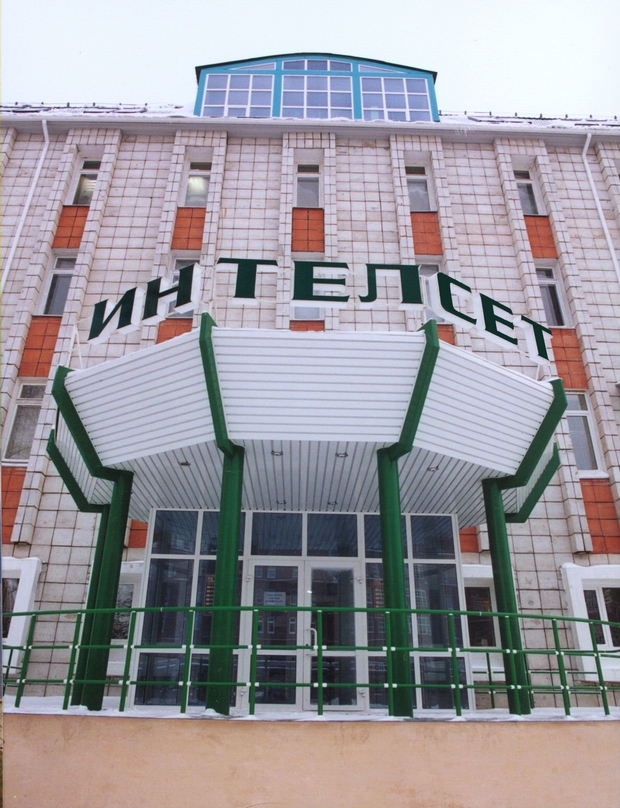
Just press the button
Moscow, 2009. PM Rustam Minnikhanov demonstrates the possibilities of his Mobile Office at a press conference in Interfax: he received an e-document in his tablet, quickly read it and put an electronic digital signature. It is possible to add an oral resolution to the e-document – just press the button to record it. His secretary will decode the task and place it in the system. At that time e-Government was already implemented in Tatarstan. It allows to significantly reduce bureaucracy in the functionaries' work. The republic was the pioneer in this project. 'We set a task – to create a product that would be available and easy. Huge paperwork is very difficult, papers often get lost,' Rustam Minnikhanov tells.
Indeed informatization and new technologies in Tatarstan become a requirement, not a tribute to fashion. Decisions are made quicker thanks to the use of modern means of communication. These decisions are more accurate because there is all necessary and quick information. 'My Mobile Office is synchronised with all computers our workers use. It allows me to be available. I consider e-documents wherever I am – in Moscow, abroad, at home. As a head, it accelerates my work,' Rustam Minnikhanov shares his opinion.
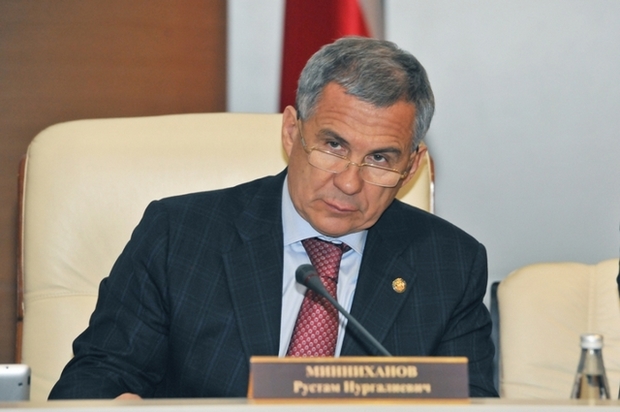
'We set a task – to create a product that would be available and easy. Huge paperwork is very difficult, papers often get lost'
The idea of the creation of e-Government appeared as early as 2003. Later, in 2005, the Ministry of Communications of Tatarstan was renamed and reformed for its implementation. Realisation of the state policy in informatization was added to its functions. In general, the introduction of principles of e-Government started when documents started to be considered via e-mail. Then all ministers and their deputies took a computer literacy course. And there was an unspoken ban on the use of papers after the implementation of the electronic document management – today no cabinet will accept a business conversation written on paper.
Foundation of mobile republic
When the first persons of Russia started to offer to expand the experience of Tatarstan in other regions, the underdevelopment of infrastructure become the first stumbling block. 'The Internet is one of the access links to e-Government. And we are aware of that it is no the most widely spread thing in Russia,' Nikolay Nikiforov, the mastermind who was a director general of the IT Centre of Tatarstan and today's Minister of Information and Communications of Russia, commented during the implementation of the project. By the way, the republic became the leader in the development of e-Government among the regions of Russia when Nikoforov headed the IT Centre, became vice-PM and Minister of Information and Communications of Tatarstan.
E-Government of Tatarstan started with a system of electronic document flow. As time went by, many services for state services were added. A powerful tool made people's life more comfortable, became a foundation for a project of the Russian e-Government, and, undoubtedly, a landmark of the republic. And during the implementation in Tatarstan, all elaborations and ideas on the transfer of information would be impossible without a foundation created according to up-to-date technologies. If earlier the republic's task was to create an infrastructure of communication that could increase the coverage of the population and enterprises to 100%, then its goals augmented. TAIF GC also participated here; it provided the population with the network, so the republic saw new opportunities for development and prospects of an absolute leadership among the Russian regions regarding the availability of state services in e-version.
At the beginning of the 90s, TAIF launched a system of quite acceptable for that period trunk radio and telephone system via its subsidiary RTT. TAIF was also responsible for the development of the activity on the Internet based on RTK. RTK company that had a 120-number modem pool, optical fiber cable to Moscow and a satellite channel abroad with a capacity of 2 Mb each became one of the leading Internet providers. However, it was only at the beginning. Later the multisectoral holding started a grandiose construction of lines and communication facilities of the first in the republic GSM operator TAIF-Telcom called Santel and began to lay cables and joint circuits throughout Tatarstan and the nearest cities via its another enterprise TAIF-Telecom.
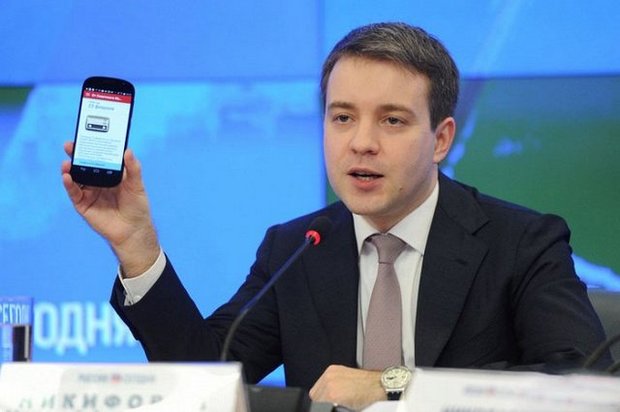
51 stations were launched by the autumn of 1997. At the beginning of the noughties, the company started the construction of new base stations of the another standard — GSM-1800. TAIF had used GSM-900 standard. By 2003, Santel became the largest local company with 221 (!) base stations. TAIF-Telcom covered over 98% of the territory of Tatarstan by 2003. At the same time IntelSet company appeared. Its collective provided the communications with the latest digital equipment using platforms of computer telephony. So, old phone stations were substituted with modern digital Automatic Telephone Stations. What is more, having laid high potential capacities, in the autumn of 1999, TAIF established TVT company after the creation of Santel mobile network. The company was designed to implement a broadband service via optical fiber cable in Tatarstan. 'It was a novelty. TVT was the first company that implemented cable television and broadband Internet in the republic,' director general of Mobile State Communication Aleksander Leontyev noted. By 2010, the coverage of the broadband Internet was about 600,000 house managements in the republic, not to speak about tens of thousands of enterprises, who connected to it.
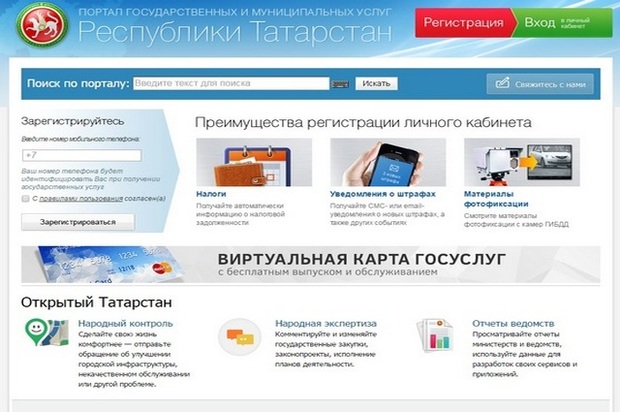
A breakthrough in telecommunications started with these small steps that were difficulties. This information and telecommunication infrastructure allowed not only create an e-city but also provide the majority of the population of Tatarstan with different services. So, a kind of e-republic, which now includes all information resources of Tatarstan, was created. Sometimes these resources anticipate all-Russian projects. For instance, the idea of e-Tatarstan, when the most popular mass services became electronic: people can check out whether they have fines or make an appointment with doctor on the Internet. Only last year the number of people who made their appointments with doctor became 1,7 times higher – to 5,9m appointments. E-Tatarstan enabled to pay duties, fines, check out tax liabilities and so on using interactive kiosks.
The introduction of services of broadband access to the Internet allowed to transfer the whole system of document flow of the state management to e-version via e-Government project. It is open and available for everybody. The key project is the portal of the government, which was launched in 2006. 'The implementation of the system of e-Government resulted in the fact that Tatarstan is presented on the Internet as a single unit – a governmental portal, not a pile of sites,' Nikolay Nikiforov told in one of his speeches.
One paper instead of a pile of bills
A pile of papers is not comfortable at all, it is very easy to get confused. The United Computing Centre offered new working standards: one paper appeared instead of a pile of gas, telephone and other bills. Firstly, people's debts to service providers reduced. As soon as people got used to the new payment form, they started to pay their bills better. People's money started to go directly to the United Computing Centre, where their payment is distributed to providers. Secondly, the Internet users became able to pay their utility bills at home, while somebody likes the terminals of the United Computing Centre more. These terminals also enable to pay utility costs without queues.
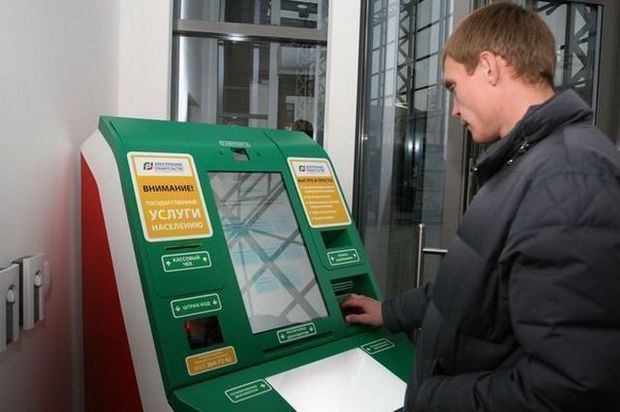
Internet banking and stock trading via the Internet
High-speed Internet allowed Tatarstan banks to speed up the whole work process by transferring the banking transactions to the Internet. The employees, without leaving the office, on the Internet began to make calculations, send statements to the Central Bank, to trade on the exchange market and to provide the customers with their services online.
The concept of Internet banking became usual; people are not tied to the same computer anymore, so they can manage their accounts from their offices, on a business trip or on vacation. Typically, the current e-banking services include a bank account statement, the information provision on banking products, the applications for opening of deposits, taking loans, bank cards, internal transfers to the bank accounts, transfers to accounts of other banks, the conversion of money. Due to the Internet, the relation 'client — bank' became more efficient. The distance between a producer and a consumer of the banking services has decreased, which inevitably intensified the competition between banks. The contemporary banks are successfully adapting to the development of brokerage services when the individuals are provided with the access to international exchange and stock markets. Due to the widespread penetration, the Internet access to the stock trading has become possible for many layers of the population.

Besides, the modern means of communication allow us to conduct business remotely. For example, an entrepreneur Artur Safin from Kazan manages the plant for processing of sunflower seeds in Bugulma via the Internet from his phone or computer. The plant is equipped with several cameras with access to the Internet, through which he monitors the entire production process. Or the famous manufacturer of Viennese waffles from Naberezhnye Chelny Sergey Akulchev, who generates more than 1 billion rubles of revenue, closes on himself the operational management of confectionery factory with 400 employees, first living in Vienna for a long time, and now — in Moscow. Online services for company management, meetings via Skype allow us to conduct a business from any part of the world.
All this gave Tatarstan an opportunity to integrate into the world system of business relations and to set for ourselves new challenges. The strategy of industry development until 2021 implies the increasing of integration degree into the international information space from 85% to 95% by this term, increasing from 40% to 76% the share of rendering of state and municipal services in electronic form. And this is not the limit. On solid filaments of transport networks equipped with the most modern equipment we can safely string further projects that simplify our daily lives, making work more efficient, and us — more mobile. And it is important that the telecom companies that have already achieved great results and massively implemented more than one project did not stop there, forming the history of tomorrow by their achievements. And we will follow the development of the industry and we will talk about the achievements in the following publications.
Read more:
Part 1. Shaimiev's first mobile call or how Santel gathered 300,000 users within two years
Part 3. About how new communications services spread in Tatarstan